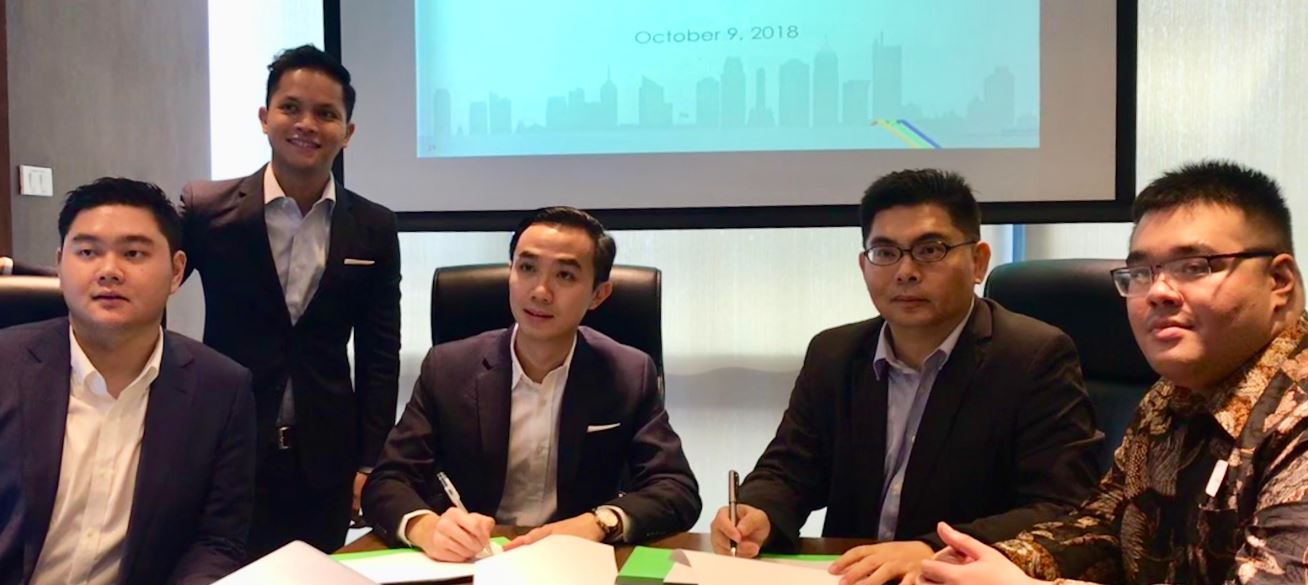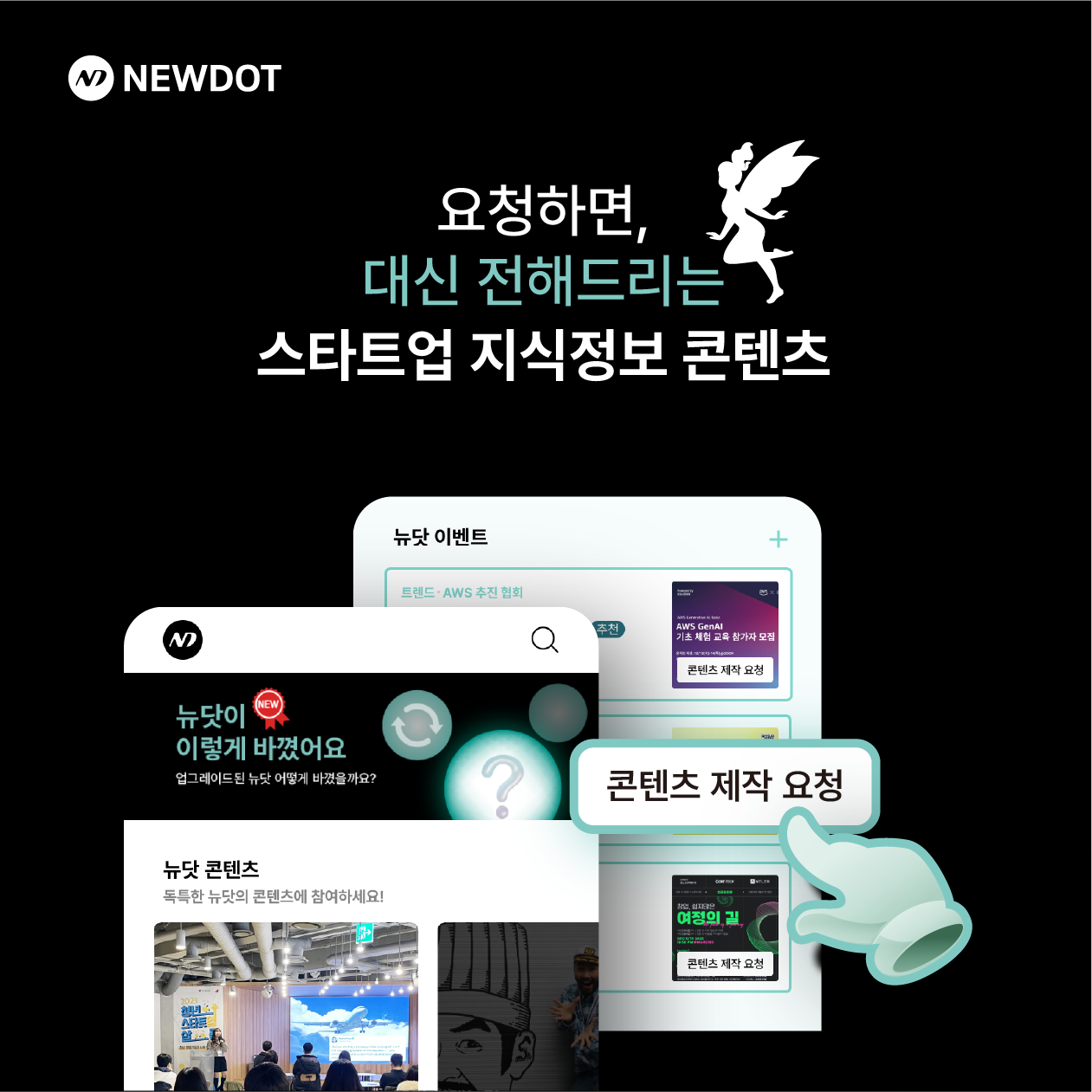|
|
|
|
|
|
|
The SEA region holds a lot of promise when it comes to its startup ecosystem. The Philippines, more specifically, is shaping up to have great potential for development. In fact, the Philippine Roadmap for Digital Startups by the Department of Science and Technology-Information and Communications Technology Office (DOST-ICT Office) predicts that by 2020, there will be around 500 startups amounting to a total valuation of US $2 billion. So while the local startup scene is still growing today, the influx of interest in further strengthening the ecosystem can only be expected.
Just recently, Gobi Partners, a top Asian VC firm, teamed up with Core Capital, a new VC firm based in the Philippines, to launch the Gobi-Core Philippine Fund or PH Fund. The US$10 million fund is set to support seed-stage and pre-series A ventures in the Philippines.
We sat with Jason Gaisano, Co-Founder of Core Capital, to talk about the recent partnership and what his thoughts are on the Philippine startup ecosystem.
Core Capital coming together
Back in the day, traditional businesses held prominence throughout the Philippines. The country has gone a long way, but now the shift to a different and more innovative type of entrepreneurship is definitely here. Jason said, “I think the new generation opened the opportunity to delve into the startup space because this kind of new wave entrepreneurship is a bit different from the brick and mortar SMEs that we were more accustomed to.”
The rise of technological advancements now allow businesses the capacity of growing and scaling exponentially. According to Jason, what startups need in order for them to go regional is support and exposure.
However, with the current capital available in the Philippines, the scarcity of successful ventures can clearly be reflected to the meager amount of capital inflow in the country. A study by QBO found that lack of capital is considered by startup founders in the Philippines to be the number one challenge they had to face when they were starting out. And while there are startups that do turn out successful, the lack of exposure promoting these ventures also pose an unfortunate effect on budding founders.
Jason explained, “I think it would really help if more aspiring entrepreneurs learn about the startups that actually make it. With just a little bit more capital and a little bit more push for the entrepreneurial mindset, I think we could really start something.”
Along with Co-Founder Carlo Delantar and Managing Partner Ken Ngo, Jason sought to understand how their team can get involved in pushing for growth in the local startup scene. The three traveled around Asia to learn more about how VCs operated around the region and how they can come up with something similar.
It wasn’t long until they were able to meet with Gobi Partners.“We met them a couple of times and I guess it was just the right fit because they were looking for an entry to the Philippines,” Jason shared, “I think it was the perfect opportunity for them, and on our side, we thought that a VC with 16 years of experience in the business and a proven track record would make for an excellent partner.”
The joint venture between Core Capital and Gobi Partners resulted in a great team up as the two parties are able to deliver well in their areas of expertise. For Core Capital, their focus is on navigating through the local market, and for Gobi Partners, their role as international backers is to provide a platform that would help the local players scale throughout the region.
Gobi-Core PH Fund
With the fund established, there is now a stream of deal flows that Core Capital meticulously sifts through. Jason explained their process, “We choose to be a very stringent and conservative venture capital because we think it embodies responsible investing. First and foremost, we look for startups that have proof of concept, and then we check if they have the potential to be scalable.”
While the PH Fund supports promising startups from all sectors, they are currently focusing on developing select industries at the moment, namely B2B e-commerce, platform-as-a-service, health tech, and logistics.
They identified these sectors to be key players in addressing problems in the Philippines today. And for Gobi Partners and Core Capital, there’s always a premium on ventures providing solutions than just merely bringing novel ideas to the table. “I think startups that bud from necessity pose greater potential, and we think there are a lot of opportunities in our current sectors of focus,” Jason shared.
In the long run, the PH Fund seeks to enable Philippine entrepreneurs to think bigger - or rather, think regional. Jason talked about the value they provide entrepreneurs, “For us, it’s really the regional play that we give startups. We want them to take on greater things. We want them to take on not just Metro Manila but also the entire ASEAN region.” This also means great news for their investors as Gobi-Core strives to create giants and enable successful exits.
By the Filipinos, for the Filipinos
Perhaps a keypoint in the Gobi-Core fund is that there is a Filipino touch to this international endeavor. “In a way, it’s like our partnership is still by the Filipinos, for the Filipinos. As much as possible, we want the LPs to be local. Though there are interests from abroad, we want the majority of the fund to be from Philippine investors who believe in the ventures,” Jason explained.
Core Capital hopes that by building strong local foundations first, the ventures they back can eventually transition well to the regional space with the help of Gobi Partners.
The two VC firms believe that the timing is now right for Philippine startups to show what they have to offer. Jason shared, “It’s very exciting for us. Being in one of the first few joint ventures for an international and local VC means we get to be at the forefront of the Philippine startup ecosystem as it continues to unfold.”
For Jason, he believes that the potential of the Philippines is something yet to be fully uncovered. He told us, “We want our country to be competitive because we really do have promising founders, startups, and technologies here in the Philippines. I think in the end, our goal is to put the Philippines on the startup map.”
|
||||
 |
|
|||||||||||||||
|
Copyright©2016 아시아헤럴드. All rights reserved. 제호 : 아시아헤럴드 | 발행인 : 신진오 | 편집인 박현정 | 청소년보호책임자 박현정 정기간행물등록번호: 서울아01036 | 등록일자 : 2009.11.25 | 설립일자 : 2017.05.10 06124 서울시 강남구 강남대로 110길 34 | Tel: 02-2690-1550 | Fax: 02-6918-6560 아시아헤럴드의 모든 컨텐츠를 무단복제 사용할 경우에는 저작권법에 의해 제재를 받을 수 있습니다. |
||||||||||||||||















